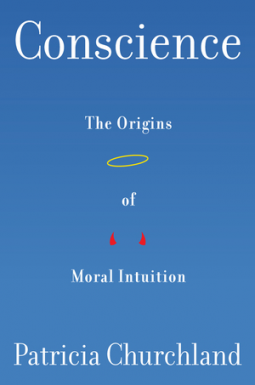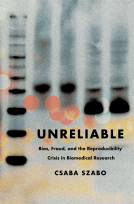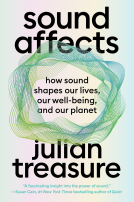
Conscience
The Origins of Moral Intuition
by Patricia Churchland
This title was previously available on NetGalley and is now archived.
Send NetGalley books directly to your Kindle or Kindle app
1
To read on a Kindle or Kindle app, please add kindle@netgalley.com as an approved email address to receive files in your Amazon account. Click here for step-by-step instructions.
2
Also find your Kindle email address within your Amazon account, and enter it here.
Pub Date Jun 04 2019 | Archive Date May 31 2019
Talking about this book? Use #Conscience #NetGalley. More hashtag tips!
Description
Advance Praise
“No one blends philosophy and neuroscience as well as Patricia Churchland. Here she provides a much-needed correction to the usual emphasis on reasoning and logic in moral philosophy. Our judgements are guided by ancient intuitions and brain processes shared with other mammals.” - Frans de Waal, author of Mama’s Last Hug
“In Conscience, Patricia Churchland pulls back the curtains and takes us behind the scenes to show where our morals come from. Packed with the latest neuroscience research, the surprising answer turns out to be our very own brains. A must-read for anyone with a conscience.” - Gregory Berns, author of How Dogs Love Us
Available Editions
| EDITION | Other Format |
| ISBN | 9781324000891 |
| PRICE | $27.95 (USD) |
| PAGES | 272 |


















